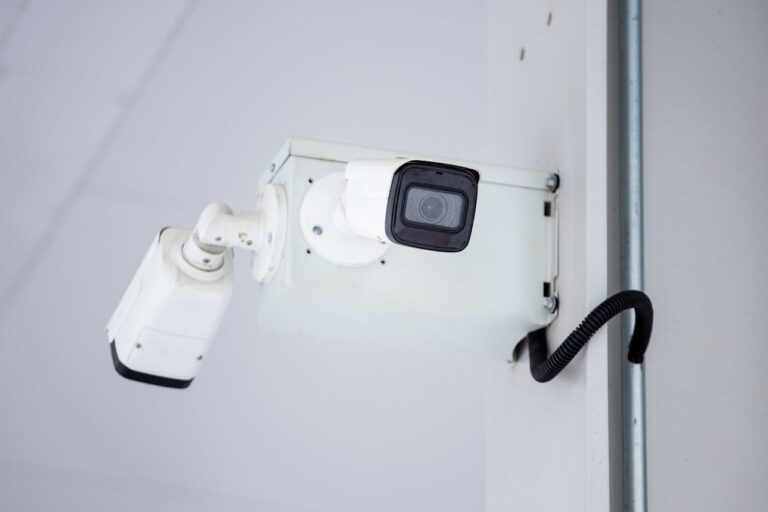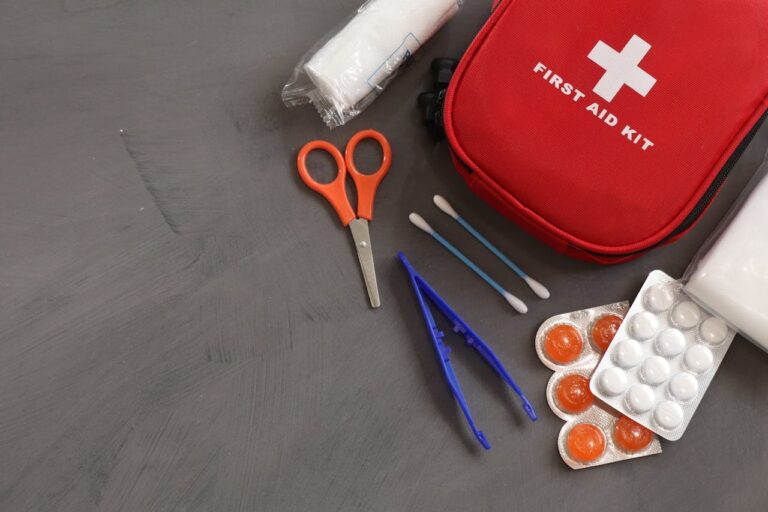
Losing teeth as an adult is more than just a physical event; it carries significant emotional weight. While often discussed in terms of dental health, the psychological effects can be profound, impacting self-esteem, social interactions, and overall quality of life. Understanding these challenges is the first step toward finding effective coping strategies and rediscovering your confidence.
The Unspoken Effects of Tooth Loss
The experience of losing one or more teeth is unique to each individual, but many people face similar emotional hurdles. These feelings are valid and deserve recognition.
A Decline in Self-Esteem
A smile is a central feature of our appearance and a primary way we express joy and connect with others. When tooth loss occurs, it can alter your smile and facial structure, leading to a sharp decline in self-confidence. Individuals may feel self-conscious about their appearance, believing others are judging them for the gaps in their smile. This can create a cycle of hiding one’s smile, avoiding photographs, and feeling less attractive.
Social Withdrawal and Isolation
The fear of judgment can cause people to withdraw from social situations they once enjoyed. Dining out with friends, speaking up in meetings, or even laughing freely can become sources of anxiety. This avoidance can lead to feelings of isolation and loneliness, affecting personal and professional relationships. People may begin to turn down invitations, further separating themselves from their support systems.
Impact on Daily Life and Enjoyment
Beyond social settings, tooth loss can disrupt simple daily pleasures. Difficulty chewing can limit dietary choices, leading to nutritional deficiencies and a loss of enjoyment in food. Certain speech sounds can become difficult to pronounce clearly, causing frustration and embarrassment during conversations. These daily reminders can take a toll on a person’s mental well-being, contributing to feelings of stress and sadness.
Practical Strategies for Coping and Moving Forward
Navigating the emotional landscape of tooth loss is a process, but there are practical and effective ways to cope and regain control.
Acknowledge Your Feelings
The first step is to allow yourself to feel the emotions that arise. It is normal to feel sad, anxious, or angry about the changes to your health and appearance. Suppressing these feelings can make them more difficult to manage in the long run. Talking to a trusted friend, family member, or mental health professional can provide a safe outlet for expressing your concerns.
Educate Yourself on Modern Solutions
Knowledge is a powerful tool for overcoming anxiety. The field of dentistry has advanced significantly, offering numerous effective and natural-looking options to restore your smile. Learning about solutions ranging from bridges and dentures to permanent restorations can provide a sense of hope and control. For those with extensive tooth loss, exploring comprehensive treatments like all on 4 dental implants in Westminster CO can open doors to a fully restored and functional smile, helping you understand the path forward.
Focus on Overall Well-Being
Your oral health is connected to your overall health. While addressing the physical issue of tooth loss, it is also important to nurture your general well-being. Engage in activities you enjoy that do not revolve around appearance. Practice mindfulness or meditation to manage stress, and maintain a balanced diet as best you can. Focusing on what your body can do, rather than its perceived flaws, helps shift your perspective toward a more positive outlook.
Also Read: Making Dental Visits A Positive Experience For Kids
Reconnect with Your Support System
Do not be afraid to lean on your support network. Let your loved ones know what you are going through. True friends and family will offer support, not judgment. Re-engaging with your social circle, even if it feels difficult at first, can combat feelings of isolation and remind you that you are valued for who you are, not just for your appearance. A restored smile is more than just a physical transformation; it is a journey back to yourself, empowering you to live, laugh, and connect with the world confidently once again.








